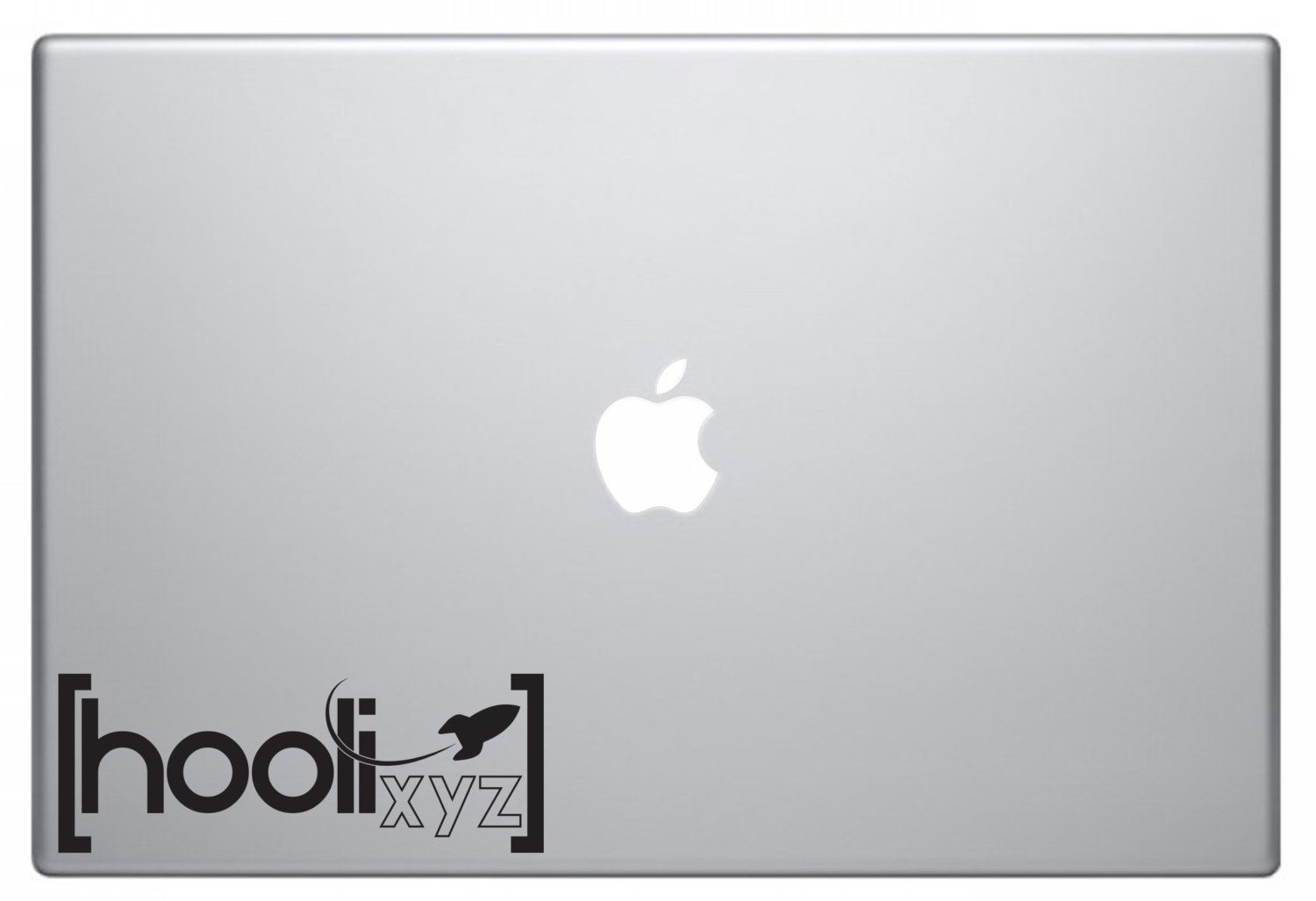You have /5 articles left.
Sign up for a free account or log in.
In “Maximizing Alphaness,” from season six (episode four) of Silicon Valley, Hooli's founder and ex-CEO, Gavin Belson, is shown "writing" his novel (Cold Ice Cream & Hot Kisses) on a 1968 IBM Selectric Ii (2) typewriter.
Belson's choice of authoring technology should cause us to ponder what will come after the laptop.
Just as in 1968, when it was likely impossible to imagine any technology superior to the typewriter, it is similarly difficult for us today to foresee what might replace the laptop for writing.
Can we assume that the laptop in 2069 will seem as anachronistic as the typewriter appears today? How long will it take for the laptop to become integral to the joke? (And here, I include all of you who continue to use a desktop, or who use your laptop with an external monitor and keyboard and mouse.)
In giving the question of what comes next after the laptop some thought, here are my three guesses.
No. 1: Talking to Screens
The transition from fingers to voice sort of feels like the inevitable path away from the QWERTY keyboard. We seem to want to talk to our devices.
I'm doubtful, however, if talking will ever replace keyboarding. While most everyone talks faster (about 140 words per minute) than they type (about 50), dictation seems to be suboptimal for writing.
Our computers today support speech to text. Few of us, however, use this function for medium- to long-form writing.
The physical act of typing (or handwriting) seems to be inseparable from the creative act of writing.
No. 2: Virtual Keyboard and/or Screens
It is easy to imagine that our physical keyboard and physical screens becoming virtualized. The glasses or phones (or implants) of tomorrow may project VR keyboard and VR screens. The QWERTY keyboard might persist, but it will be projected on whatever flat surface that its close by.
Or maybe our virtual reality keyboards will not need a surface. We will type into the air. Physical screens will give way to virtual information environments. We will manipulate text and images as virtual objects, ones that we can touch and rotate and even feel.
Will virtual reality be able to replicate the tactile sensation of typing? Word processors replaced typewriters, but the physical keyboard persists.
Can we imagine a future where all of us carry around physical keyboards, where everything else is virtual?
How ironic would it be if the QWERTY keyboard, designed to be inefficient to prevent the keys from jamming, ends up outliving all other physical writing technologies?
No. 3: The Laptop
Finally, we should consider the possibility that nothing will follow the laptop. That the laptop will continue to be refined and improved, but that its form factor will remain.
In 2069, we will likely still be traveling in vehicles with four wheels and doors. Toilets will be recognizably similar in five decades. So will refrigerators, ovens and probably most every major appliance now in your kitchen.
So why must we assume that the laptop will go away?
I want a laptop that stays charged for weeks. (Or that draws wireless power). Bandwidth should be ubiquitous, stable and fast wherever I am in the world. And connecting to a projector should be something better than a crapshoot.
A cheaper, thinner, faster and more robust laptop is what I want now.
The question is, what will we want in 2069?
What do you think comes after the laptop? And when will that laptop replacement arrive?









